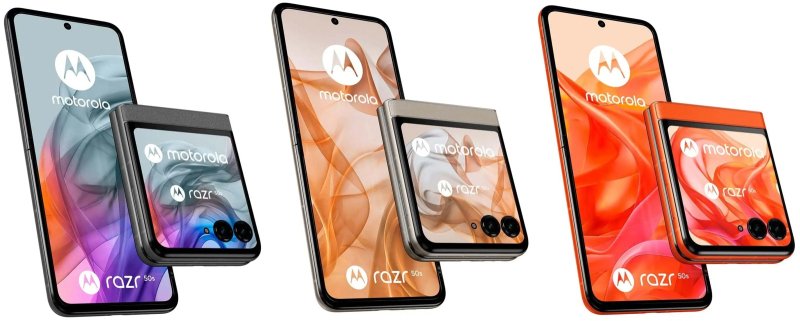Motorola smartphones could soon face a ban in the United States due to a patent dispute with Swedish telecom company Ericsson. The US International Trade Commission (ITC) recently ruled in favor of Ericsson in an early stage of the case, which could lead to a ban on Motorola products being sold in the U.S. market.
What is the Dispute About?
The patent issue revolves around Ericsson’s intellectual property rights related to 5G wireless technology. Ericsson claims that certain Motorola smartphones, including the Moto G, Moto Edge, and Moto Razr models, use patented 5G technology without permission. The company argues that Motorola is infringing on its patents related to this key technology.
What Happens Next?
While the ITC decision is a big step in the case, it’s not final. The ruling will be reviewed by a special commission in April 2025. If the commission agrees with the ITC’s decision, it could result in a ban on Motorola phones being imported into the U.S. However, there is still a chance that both companies could negotiate an agreement, such as a royalty payment, instead of a full ban on Motorola products.
Global Legal Battles
The patent dispute between Motorola and Ericsson isn’t just happening in the U.S. The two companies are also involved in legal battles in other parts of the world, including South America, the UK, and North Carolina. So far, Ericsson has been winning some of these cases, securing victories in Brazil and Colombia.
What Does This Mean for Consumers?
If the ITC decision is upheld, U.S. consumers may face limited access to Motorola phones. However, the situation is still unfolding, and both companies may find a way to settle the issue before it leads to a ban.
For more updates on this legal battle and its potential impact on the tech industry, check out Tom’s Guide.
Conclusion
Motorola and Ericsson’s patent dispute could lead to a significant change in the U.S. smartphone market if Motorola phones are banned. As both companies continue to battle in court, we’ll have to wait for the commission’s decision in 2025 to know if a ban is inevitable, or if they can reach a settlement.
